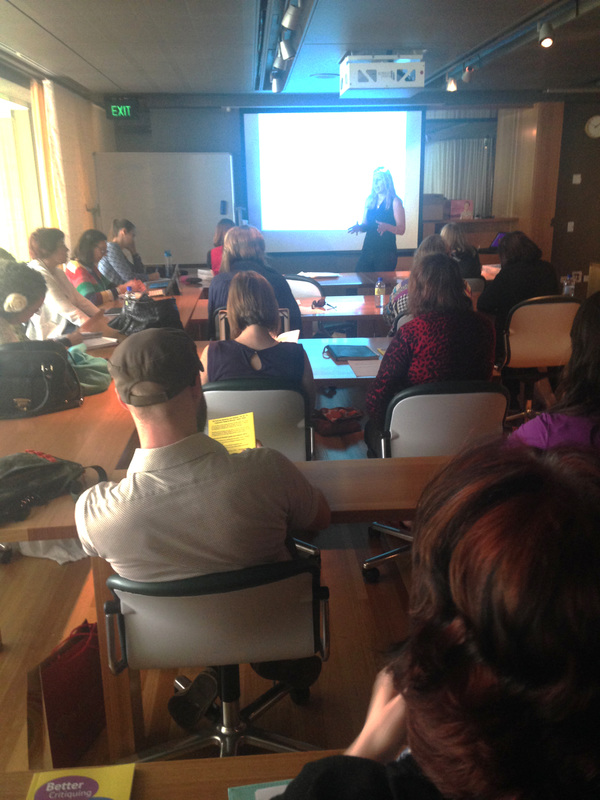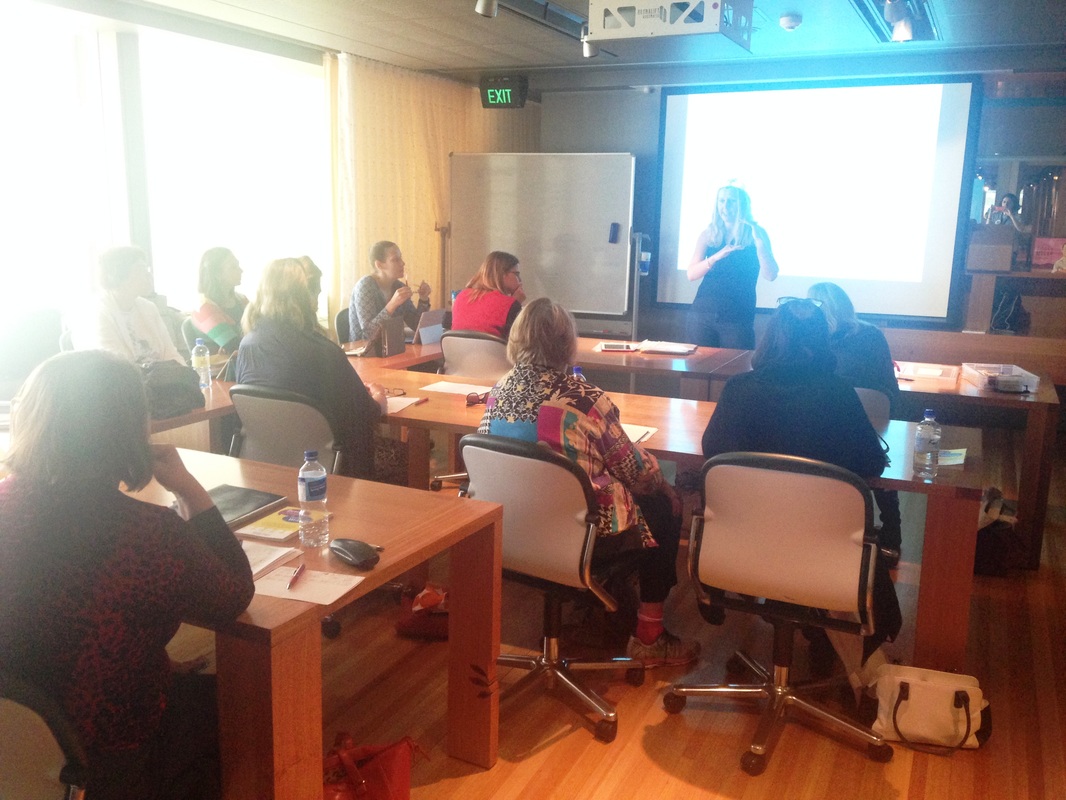Why Friends and Family Don’t Make Good Critiquers- by Kelly Hart
If you are serious about your writing (as we are at Write Links!) getting feedback on your work through a critique process is an important part of developing your story and writing.
We have three dedicated critique groups (picture book, junior fiction and YA) meeting monthly. Each group has a coordinator and a specific set of rules. We acknowledge the importance of constructive feedback but we also believe this can be done professionally and without damaging anyone’s self-esteem!
Kelly Hart from BetterScribe gave us an insight into the finer art of critiquing covering many aspects such as how to critique someone’s work most effectively. She also discussed what to expect from paid manuscript appraisals, critiques and proofreads. It is important for children’s writers, when their work is ready for a paid critique, to work with an editor who has experience with their particular genre.
Most of us have made the mistake of asking friends or family to read or our stories only to be disappointed, angered or being told our story is fabulous but without direction on improving it, which is why I particularly liked Kelly’s following tips:
Why friends and family don’t make the best critiquers
Friends and family aren’t reliable critiquers because they’re biased towards your writing before they read it. They want to believe you’ve created the next bestseller because they love you and want you to succeed.
Other reasons your friends and family may not be the best critiquers:
· They will tell you what you want to hear.
· They won’t tell you how to improve the writing.
· They may not read widely in your genre.
· They might not like reading (apart from your writing).
· They often don’t know what elements are required to make a manuscript work.
· They will pick out spelling mistakes but not structural problems.
· They have no idea how to critique.
· They think your writing is perfect as it is.
Unfortunately, the feedback friends and family give is usually not very helpful. Not because they don’t want to help, but because they don’t know how to give the kind of critique that will improve your writing and they don’t have much (if any) experience with critiquing.
You may still wish to show your friends and family your writing, and this is perfectly normal, but I would advise against doing this until you have completed your first draft. When you do let them read your work, don’t ask for a critique or their opinion on your manuscript.
Instead ask:
· If there were any sections they felt were confusing?
· If there were any points where they stopped reading?
These two questions may help you discover any problem areas, allowing you to go back and re-read these sections to see if you can pinpoint the issue.
Trying for further clarification with someone who has no critiquing experience often leads to a jumbled explanation that doesn’t clarify anything.
Kelly Hart is the author of Better Critiquing for Better Writing and the founder of Better Scribe, a business that provides quality pre-publication services such as editing, proofreading, coaching and training products for writers and authors.
In addition to receiving her Master of Arts in Writing, Kelly has over ten years experience in critiquing and editing fiction and nonfiction manuscripts for authors and publishing companies.
Kelly can be contacted via email: kelly@betterscribe.com
story by Yvonne Mes www.yvonnemes.com
Comments
Sorry, the comment form is closed at this time.







June Perkins
I really enjoyed this session Kelly and have been sharing your advice with students whom I tutor.
essay writing service
I have read so many topics about the friends and family. They don’t make good critiquers by the users. Everyone following your website introduced topics and reviews. Then everything will be good to get great instructions and reviews.